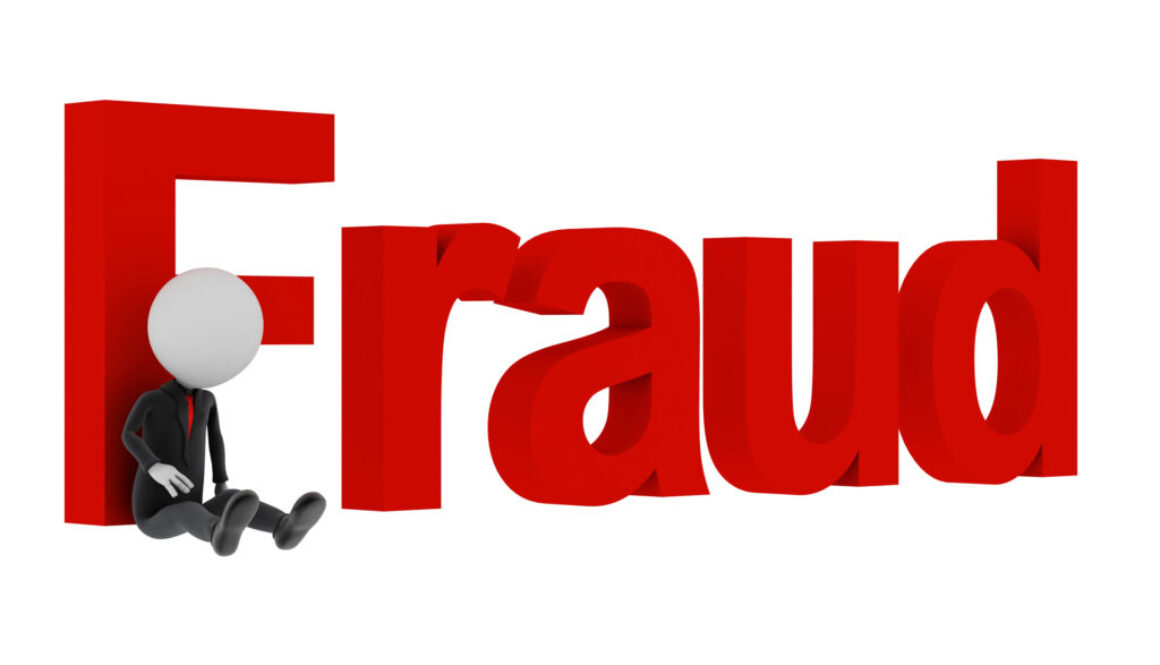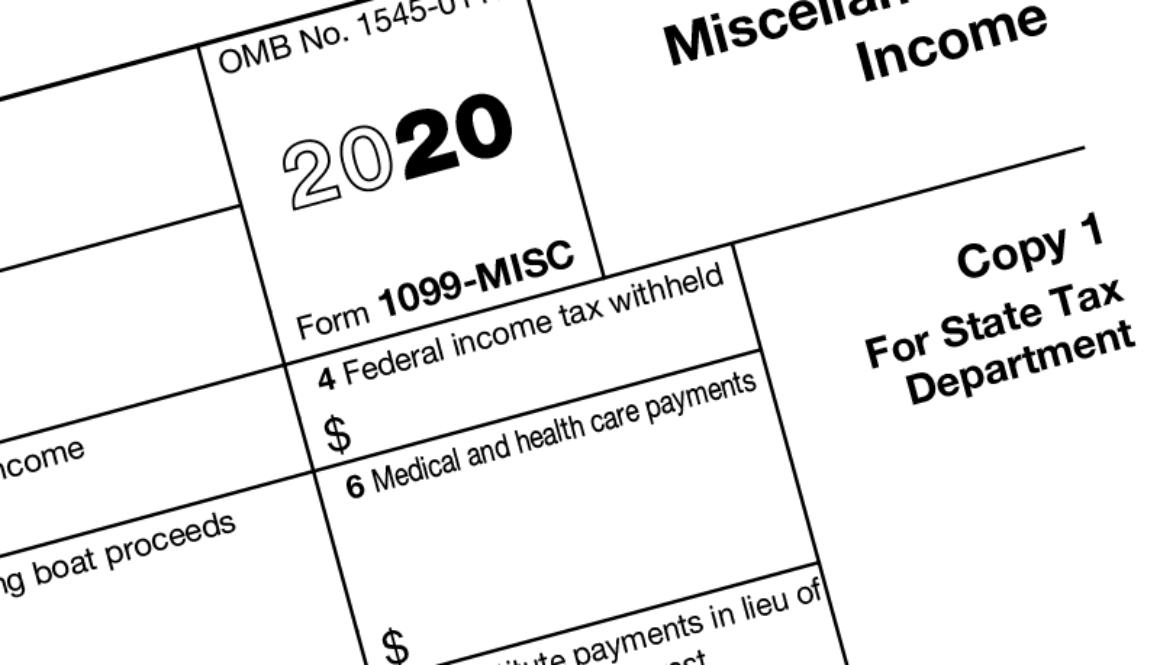Podcast – “Let’s Talk Church Finances” w/ Delano Sherley – Woodlawn Talks – Episode 64
Need additional Help?
Visit our other pages below to see our full range of services

Visit our other pages below to see our full range of services

We recently attended a conference on church tax and legal issues. Here are a few take-aways worth noting:
The IRS and the Department of Labor have recently hired more staff to review and enforce employment law violations. Contract labor is (and always has been) an area that they pay special attention to. If you issue a 1099 to any staff member, you should review to see if they should be receiving a W-2 instead. Even if you reviewed this last year, you should contact an employment attorney to review it again, as the new administration has recently changed many of the rules. These changes mean that your employee handbook should also be reviewed to make sure it complies with any rule changes. Also, if you issue a W-2 and a 1099 to the same person, this will be flagged by the IRS.
Compensation in any form to interns is considered compensation. This includes tuition payments made directly to their school. These payments should be added to their W2 form.
Never throw away old insurance policies. As some states are removing the statute of limitations on some crimes, it may be necessary to know who the insurer was decades ago if you are pulled into a lawsuit.
Finally, please make sure that the employment attorney and or any professionals that you use are familiar with and have experience with churches. There are unique rules for churches that differ from other non-profits.

This is a great time of year to spend some extra time on church finances. Things are slowing down after all the camp meetings, and the busy holiday season is still two months away. The year is also far enough along to be able to project how it may end. If you have bank covenants to meet, you should review to see if you will meet them by year-end. If not, what expenses can be reduced now to close the gap?
It is also a good time to begin working on the 2021 budgets. As the reality of a world post-covid settles in, churches are getting used to doing things much differently than they used to. While some in person events are still smaller, more resources are being used in areas such as live-streaming, including higher costs for internet band width, etc.
Other questions to consider: Do you have any significant capital improvements that you need to plan for next year? If so, will you need to make any special appeals for donations or are the funds already available?
Time spent now will provide a clearer picture on where you stand and what adjustments, if any are needed, rather than experiencing an unpleasant surprise after December 31st.

Despite the interruptions to business as usual over the last eighteen months, it is still critical that churches maintain policies and procedures that assure a proper level of control over church assets, especially cash. Proper controls protect both the church from theft and the staff and volunteers from any false allegations of wrongdoing. It is not a matter of IF someone would violate the church’s trust and embezzle funds but COULD they do so as the result of weak internal controls. Here are some basic guidelines:
For a check list of these and other internal control issues, please email us.

A recent article listed the following trends emerging in 2021:
2020 may be over, but we enter 2021 with many challenges. The way we “did church” has changed and continues to do so. In some areas things will never go back to “normal”. How is your church dealing with this shifting landscape? How have you planned on providing the resources needed to meet these changes? Be willing to embrace these changes by reducing or eliminating financial support for some programs that are no longer effective in order to provide resources needed for new areas of opportunity and changing demographics.
On a personal note, I have not seen many of the negative trends above reflected in most of the churches that we work with. In fact, many experienced their best year financially in 2020.
There is no recession in God’s economy.

This is the time of year when we strongly recommend that you prepare a budget for next year. Without exception, organizations that have a budget are better off financially and find themselves better able to weather a crisis (ie: 2020’s pandemic) than those who don’t. As a result of better managing their spending, they also typically have more cash reserves.
While many think that a budget will “restrict” them or be used as a way to dictate how money is spent, in reality, it gives you more freedom to make financial decisions and allows you to better follow a plan – your plan – which is based on your priorities.
As our clients have begun to work on their 2021 budget, they have encountered challenges. Usually, you would start by looking at 2020 expenses. However, this year has been anything but normal. Most churches have reduced expenses in many expense categories as a result of not meeting in person, while costs for cleaning, media, IT and benevolence are higher than a normal year. How do we know how to plan for 2021? How do we project donations as we enter a second year of restricted gatherings?
While it may take more time to work through these questions, the effort will be worth it. Just remember to review actual results to the budget each month. When you start to see areas that are not going as planned, you can react and adjust sooner rather than later – and avoid a crisis down the road.

“Internal theft of church funds remains a pervasive and largely unaddressed problem in churches.” Richard Hammar
One expert in church fraud explains that three things are present in most cases: a perceived opportunity, financial pressure, and rationalization. The number one sign to look for is the lifestyle of the person. If they seem to be living a lifestyle beyond what they earn, this could be a red flag. In forty-two percent of fraud cases, the guilty party was living beyond their means. Twenty-six percent were struggling financially. It should go without saying that putting someone who is struggling with money issues or has had a recent financial hardship in charge of church funds is not a good idea.
Other red flags are someone who refuses to take time off, refuses help or complains that they are underpaid.
Since a leading cause of fraud is the lack of segregation of duties, whenever possible, have separate people count the money, pay bills/sign checks, and reconcile the accounts. At the very least, someone not involved in the handling of cash should review the bank statement each month. As Ronald Reagan once said “Trust, buy verify”.
Finally, no one should ever count money without someone else being present.

Each year, the amount of money stolen from churches exceeds what churches give to missions. Let that sink in.
30% of churches are the victim of fraud/embezzlement each year. Most is never detected and when it is, 80% does not get reported to law enforcement. The loss was $39 billion in 2014 and expected to be $80 billion by 2025, with the average loss being $120,000.
Keep in mind – there is no such thing as a small fraud. They are just testing the system before going bigger.
Most church leaders find it hard to believe that someone they trusted would steal from the church. However, often it is the most trusted and “loyal” person in the church.
The biggest issue contributing to fraud is a lack of segregation of duties. During this season, when churches have mostly been shut down, it is important to make sure that internal controls are not relaxed. It’s not enough to have written policies, you need to enforce and audit them often.
If nearly 1/3 of churches are victims of fraud, what are the chances right now that you are one of them?
The best deterrence is to create the perception that they will get caught. If you need more ideas on setting up internal controls, please let us know. Your church insurance company may also be a good resource.

The Tax Cuts and Jobs Act of 2017 eliminated the deduction for unreimbursed employee expenses, however, for most ministers, it still pays to keep track of them. While the law did remove this schedule A deduction for employees, there is an exception for licensed ministers.
Unreimbursed employee expenses incurred by minsters are deducted on Schedule SE rather than Schedule A. The impact of this deduction reduces the amount of self-employment tax owed by a minster. Some examples of deductible expenses include ministry or professional dues, educational fees, travel and mileage, religious materials, subscriptions, work related meals, etc.
Of course, if you have opted out of Social Security then you don’t file a schedule SE, so these expenses cannot be deducted.
While being able to deduct these expenses does help reduce self-employment taxes, the minster employee is still better off getting reimbursed from the church for all business-related expenses. If the reimbursement is properly documented, the reimbursement is tax free. I would much rather get a 100% reimbursement than a 15% tax deduction.

Historically, when you have paid $600 or more during a year to a nonemployee, you were required to file form 1099-MISC (using box 7) by January 31 of the following year. This would include anyone who performed a service (non-employee compensation) for the business or church (independent contractors, guest speakers, etc.).
Beginning in 2020, the IRS has replaced form 1099-MISC with form 1099-NEC for any “nonemployee compensation”. Form 1099-MISC will still be used for other forms of payments. Also, form 1099-MISC box 7 will instead be used for “Payer made direct sales of $5,000 or more of consumer products to a buyer (recipient) for resale”.
Form 1099-NEC is not new, but it has not been used since 1982. “NEC” stands for “non-employee compensation”. What gets reported on form 1099-NEC? “fees, commissions, prizes, awards and other forms of compensation paid to an independent contractor”.
In summary: Form 1099-NEC, Box 1 will replace any payments you previously filed on Form 1099-MISC, box 7.
The deadline for filing Form 1099-NEC is January 31. The deadline for form 1099-MISC is March 31.
As always, you are required to obtain a signed form W-9 from any independent contractor prior to payment.